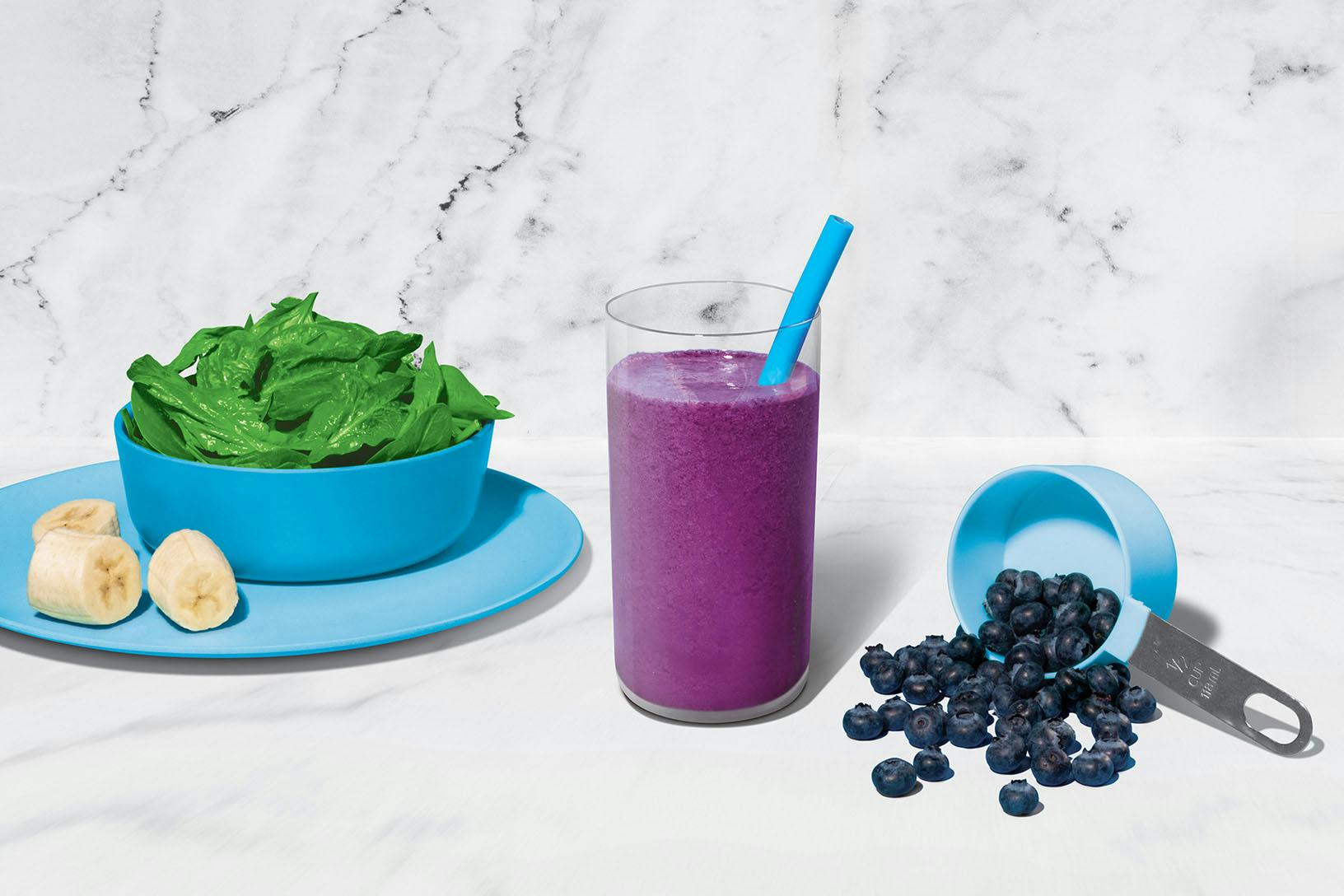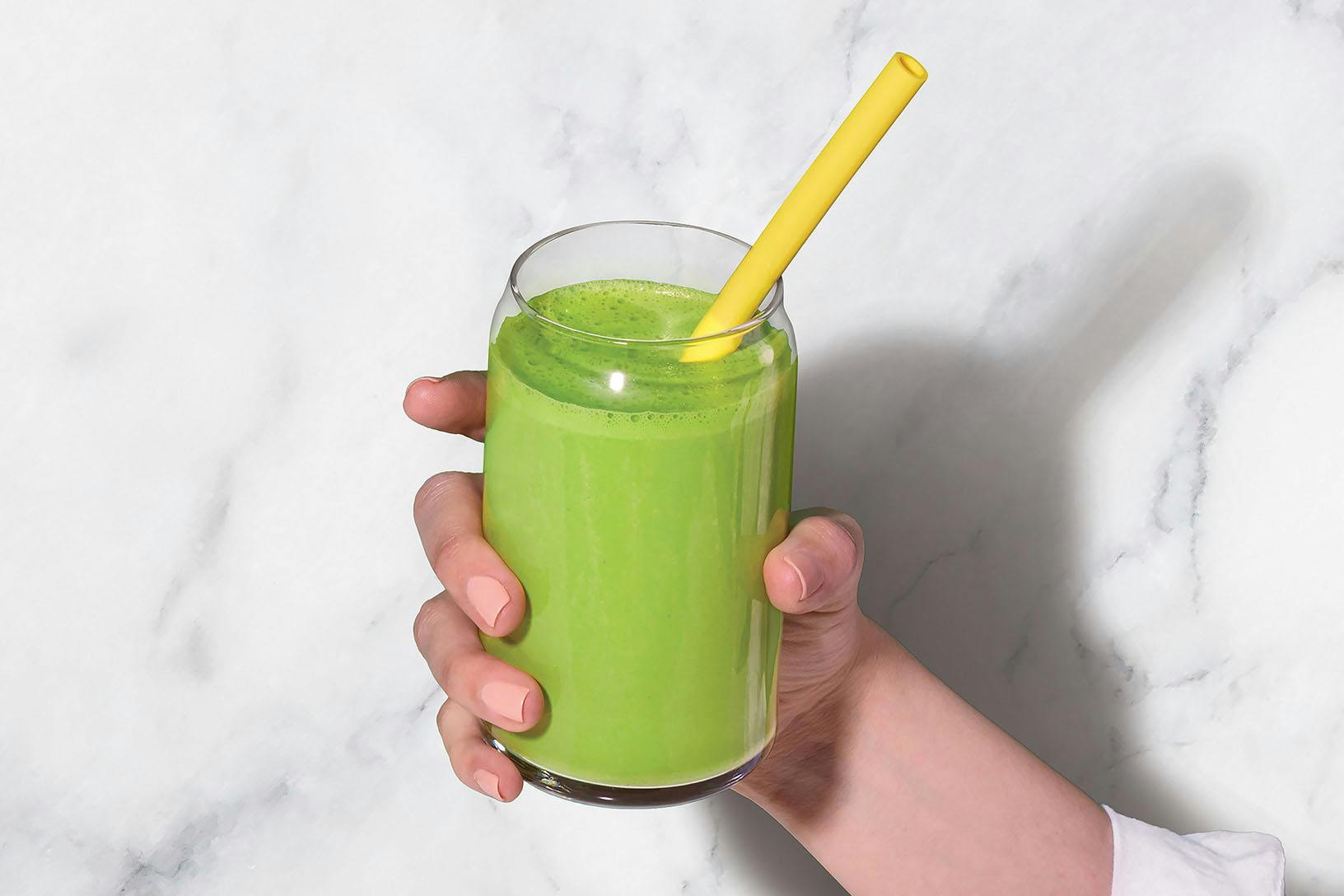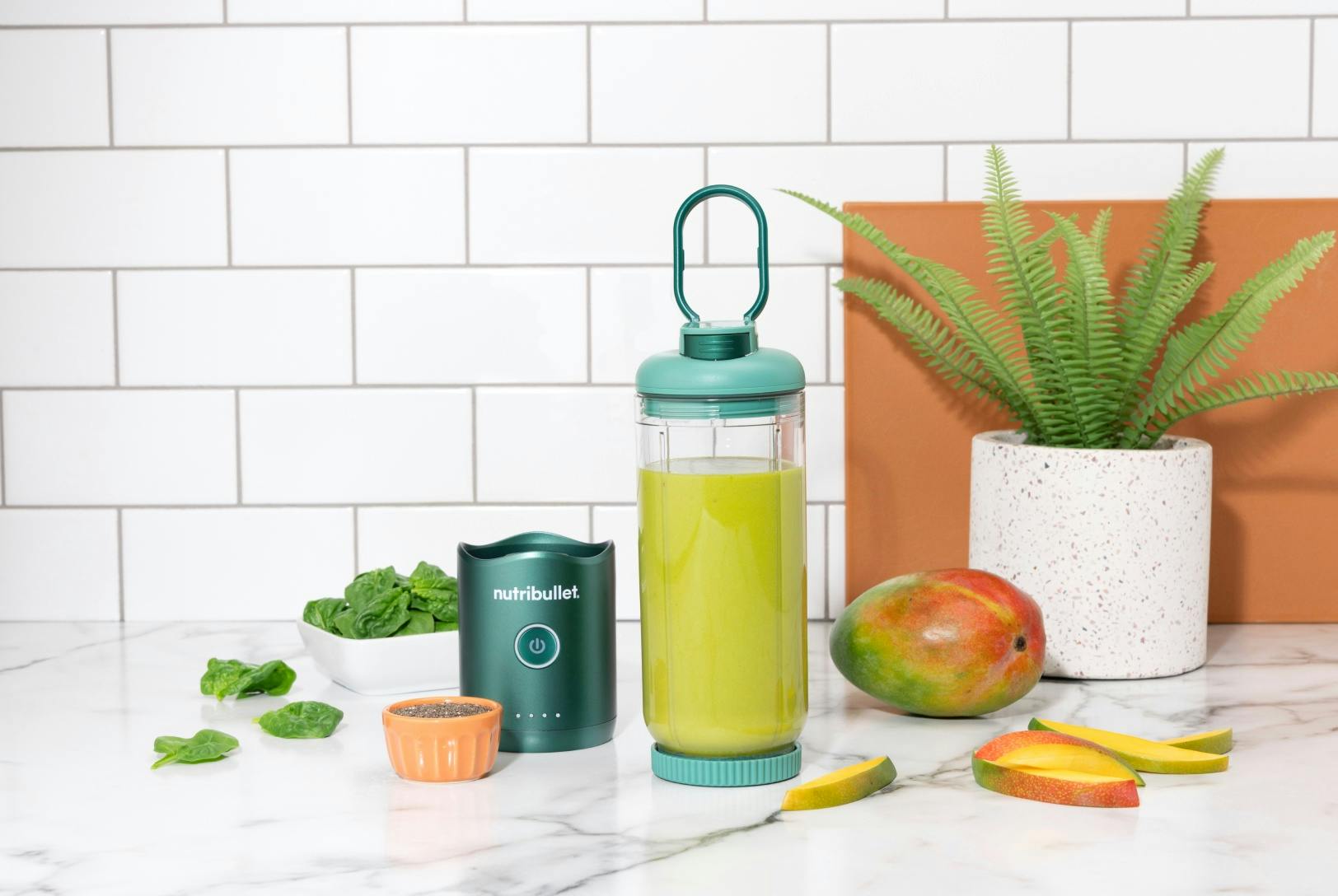FREE shipping on US orders over $45!
Your cart is empty!
FREE 1-year warranty on all blenders and juicers
More to Consider







Taxes and discounts calculated at checkout.

nutribullet
December 5, 2016
nutribullet
Nutrition made easy. At nutribullet, we believe that good nutrition has the power to transform lives. Our products, from our blenders to our blends, make nutrition fun and hassle-free for any lifestyle. So, if you're looking for a simple way to be healthy, we've got you covered.
Can healthy eating involve treating yourself to cookies, chocolates, ice cream, and pizza? It can, if you regularly squeeze a few “cheat days” into your healthy meal plans. But is this really a healthy idea, or is it better to fully commit to a balanced and nutrient-rich diet?
What are Cheat Days?
Cheat days is a term used in many fad diets and diet plans to describe the one day of the week or month when you can eat whatever you want. In other words, it’s a day to “go off the plan”. Some people use this day to binge on their favorite “unhealthy foods” such as candies, cakes, cookies, chips, pizza, ice cream, fries, and other foods that they can no longer eat while on a particular plan. Others also treat themselves to a high calorie meal at their favorite restaurants, ordering dishes that their plans didn’t allow such as chicken parmesan, fried calamari, bacon double cheeseburger, and creamy fettuccini.
The Benefits of Cheat Days
People use cheat days to motivate themselves. Cheat days are often seen as rewards – rewards for staying on a healthy plan for a certain amount of time, whether it’s a week or a month. On top of motivating you to eat healthy, cheat days can also encourage you to stay physically active. If you know you’re getting a reward, you’re more likely to stay on track until you reach your cheat day. It can help you stay super focused on eating healthy and working out, which makes the cheat days all the more rewarding.
Not only can cheat days motivate us and keep us mentally focused on our plans and overall goals, but some evidence suggests that they can provide physiological benefits as well. During cheat days, the leptin levels increase in our bodies. Leptin is a hormone secreted by our fat cells to tell our brains that we’re full. Sometimes, however, our leptin levels decline when we’re on a calorie restrictive diet. Without signals of satiety being sent to our brains, we never feel full and, therefore, it leads to more frequent binges and inevitable weight gain. Having planned binges can offset the drop in leptin by increasing leptin levels and balancing out the release of this hormone.
The Dangers of Cheat Days
For some individuals, one cheat day or even one cheat meal is enough to satisfy a need and allow them to get right back on track. For others, however, it leads to uncontrollable and continuous binging for multiple days, and even weeks, often resulting in them going off their healthy eating plan altogether.
Rewarding yourself after every great workout also interferes with proper muscle recovery and long-term performance gains. And you can do serious harm to your body if you try to “cancel out” cheat days with intense workout sessions. An irrational relationship with food may arise from this since you feel like you have to exercise more in order to cheat. It can backfire and lead to negative physical effects like nausea, bloating, and diarrhea, as well as negative psychological effects such as depression and the feelings of guilt, failure, and lack of control.
Just like smoking or drinking, a long time away from your “vice” can set you up for irreparable damage. The resulting metabolic halt of a high fat, high calorie meal could take many days to rebound from and put you on the path towards long-term failure. If you’re unable to control your cheat meals or cheat days, then this strategy is probably not for you.
Finding a Balance
When adding cheat days to your healthy eating plan, you have to first ask yourself a few questions. Can you handle the occasional indulgent treat? How about an indulgent meal? What about an entire day of gluttony? Or will they send you into a downward spiral that you may or may not recover from? The truth is that everyone is different. Our relationships to food, our metabolisms, and our definitions of rewards are all different. You have to dig deep and ask yourself if cheat days are worth it and whether they’ll help you stay on track towards your goals or derail you completely.
You can find the answers somewhere in between. Healthy eating should not be torture; it should be enjoyable and sustainable. It doesn’t have to be drastic, either. Small changes, like creating healthier version of your favorite dishes or opting for lighter meals at your go-to restaurants, can make huge positive impacts. Healthy eating isn’t about restricting yourself – it’s about getting the nutrients you need while still enjoying the foods you eat so that the words “diet” and “cheat days” no longer exist in your vocabulary.
Whether you decide to fully commit to eating only nutritious whole foods or plan for an occasional cheat day is completely up to you because you know yourself best. The most important thing is finding sustainable and healthy eating habits that you can maintain in the long run to help you achieve your health goals.

Is there such a thing as a perfect smoothie? This sweet medley certainly makes a strong case. With a classic combination of blueberries, banana, and spinach, this superstar smoothie provides a powerful nutrient boost!

Consider this blend the little black dress of nutribullet smoothies: it never goes out of style. To help keep your energy stable throughout the day, aim to balance your meals and snacks with high-quality protein, healthy fats, and fiber-filled carbs – like this combo of Greek yogurt, peanut butter, fruit, and veggies. There’s a reason this one is always on-trend.

Start your day on a high note with this nutritiously cheerful blend of greens, mango, banana, and chia seeds.